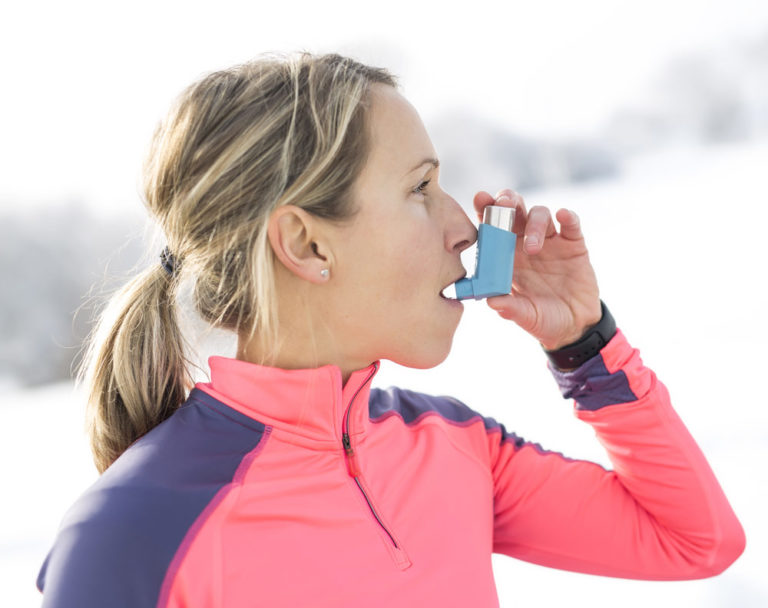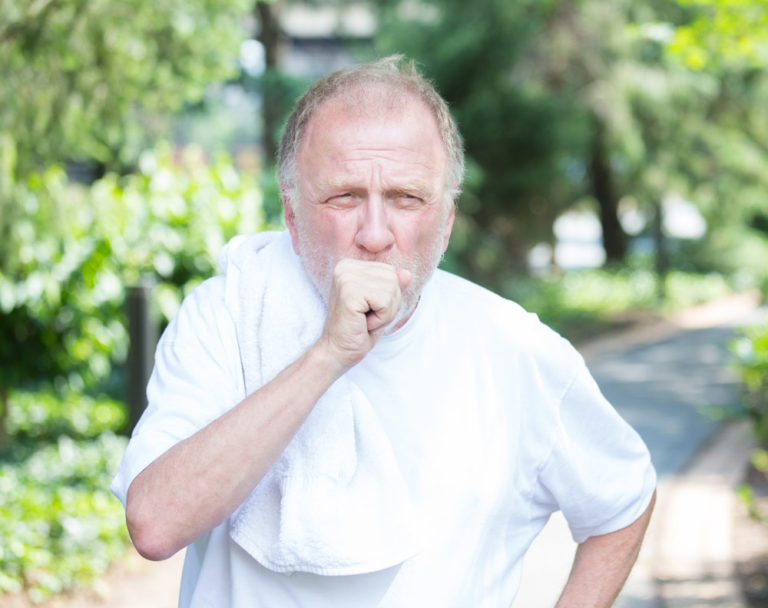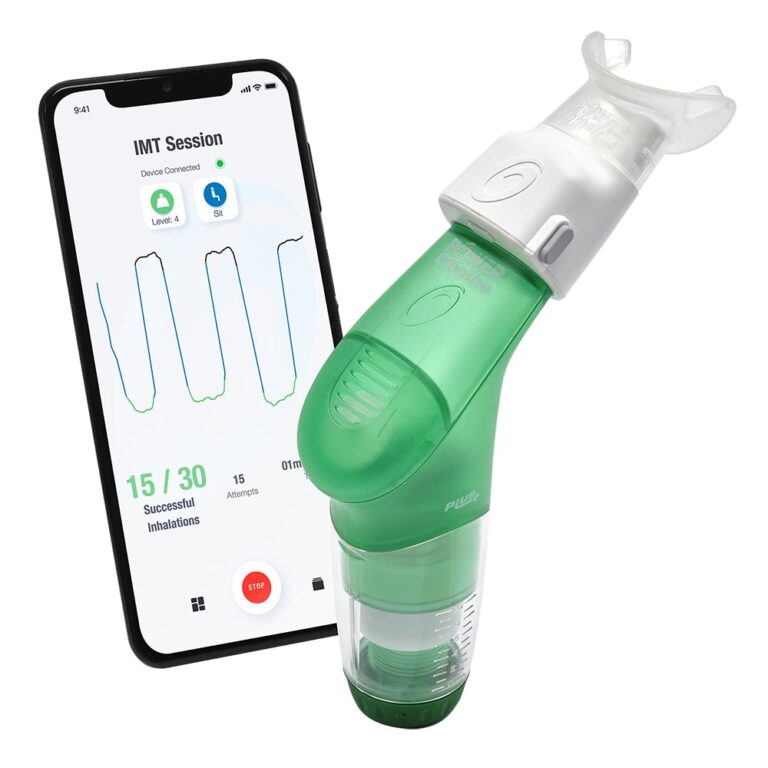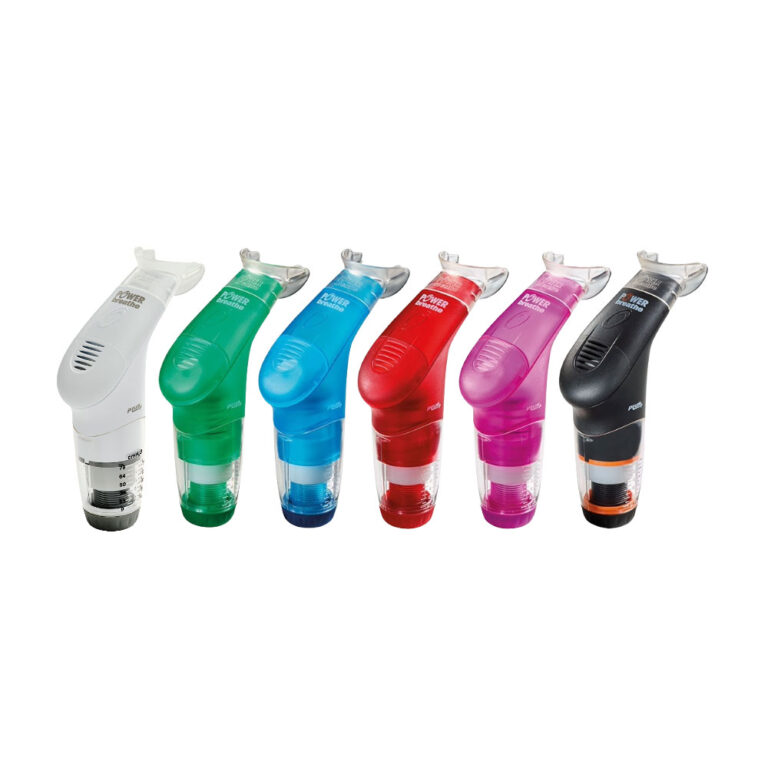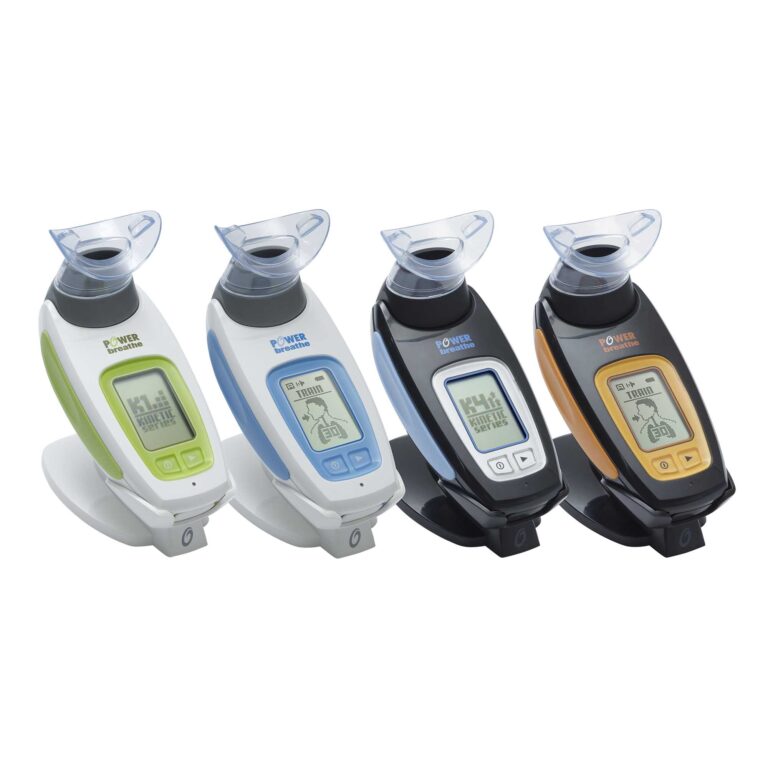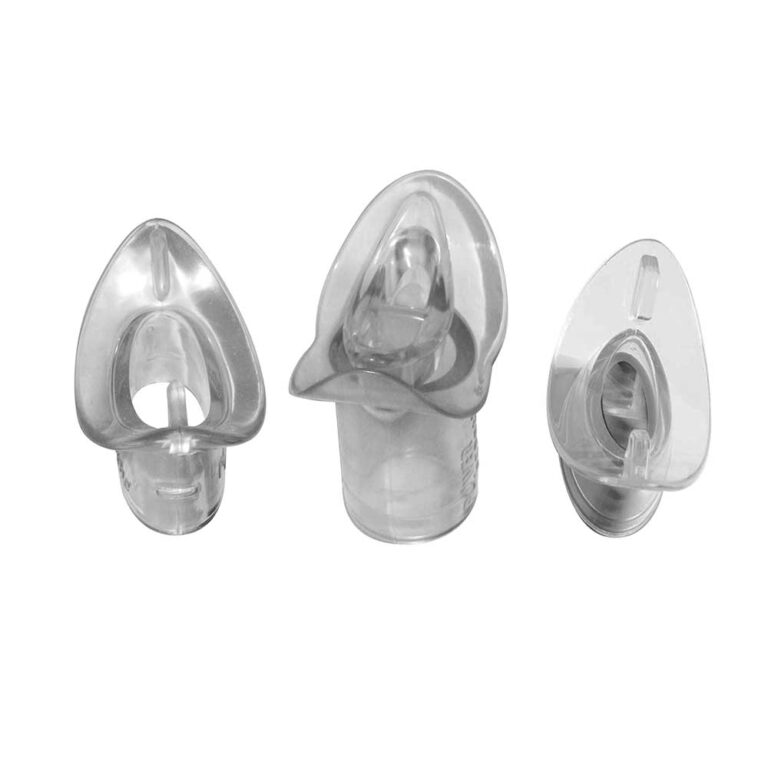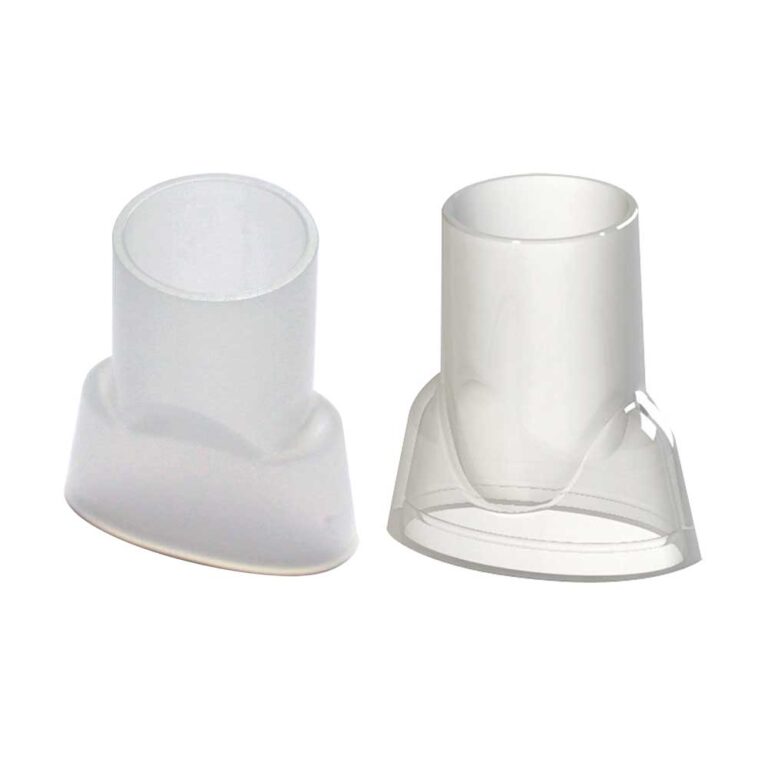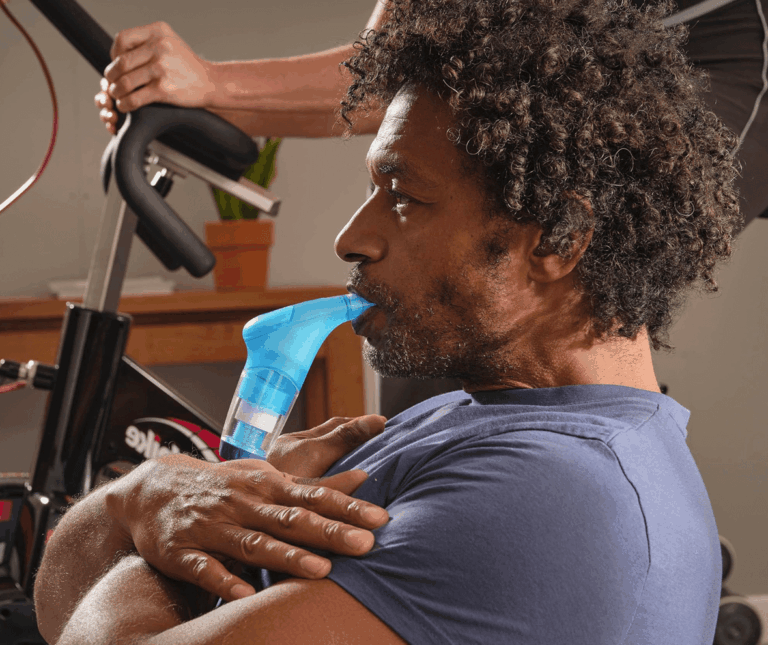
Blood Pressure
Research reports significant drops in blood pressure and improvements in large-artery function following POWERbreathe Inspiratory Muscle Strength Training.

Research aired on NPR (National Public Radio) in the USA highlighted findings of how daily breath training with POWERbreathe IMST, using the POWERbreathe K3, can work as well as medicine to reduce high blood pressure.
A subsequent retrospective analysis of the aforementioned research provides the strongest evidence to date that POWERbreathe IMST (Inspiratory Muscle Strength Training) lowers blood pressure. New information provided in this analysis is that the effects are rapid (with initial reductions in blood pressure occurring within 2 weeks) and that blood pressure is reduced similarly in everyone regardless of age, sex, body weight, etc.
Read more about how to Lower Blood Pressure Naturally with POWERbreathe IMST

IMST Is Proven To Lower Blood Pressure
Research shows that 30 breaths using the POWERbreathe K-Series Inspiratory Muscle Training device will lower blood pressure. Just 5-minutes of POWERbreathe IMT lowers blood pressure as much as aerobic exercise and more than some medications
If you experience consistently high blood pressure, your GP is likely to offer you medication to lower it, alongside lifestyle changes, such as increasing physical activity. This research, however, offers a new, promising, drug-free way of lowering blood pressure naturally. However, you must never stop taking your prescribed medication and always speak to your GP before making any changes. Read Precautions and Contraindications.

IMST Protocol
All subjects in the trial performed 30 inspiratory manoeuvres:
- 5 sets of 6 inspiratory breaths
- 1-minute rest between sets
- 6 days per week
- For 6 weeks
Breathing Load
- 55% PIMAX during week 1
- 65% PIMAX during week 2
- 75% PIMAX during weeks 3 to 6
The trial used the electronic POWERbreathe K3 IMT device which works out % PIMAX for you, using the S-Index test. Although it is not possible to perform a MIP test to determine % PIMAX using a POWERbreathe Plus ‘pressure threshold’ IMT device, you are still able to work this out (approximately).
Find out how here.
Select An Activity
Related Products
Downloads
Translational Potential of High-Resistance Inspiratory Muscle Strength Training


